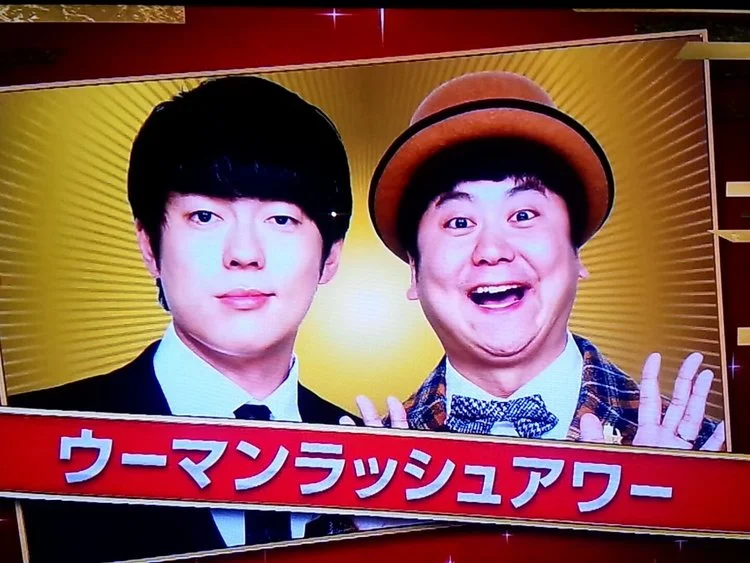Netizens Mimic PM Suga’s Speaking Style on Olympics to Make Statements on Returning Home
Sometimes the funniest and sharpest examples of satire or parody can be found on social media, written by (mostly) anonymous netizens. That was certainly the case when a recent article by Tokyo Sports uncovered Japanese social media users copying the phrasing styles of Prime Minister Suga when he was speaking of the Olympics and adapting this language to make a statement on the Japanese summer tradition of kisei (帰省). Kisei is the practice of going back to your hometown to visit parents or grandparents during the summer vacation, often during Obon (a period when buddhists honor the spirits of their ancestors).
Naturally, with cases of COVID-19 skyrocketing to new levels in Tokyo, Osaka, and other areas of Japan, Prime Minister Suga has pleaded for the public to use restraint and not return to their hometowns in an attempt to curtail the spread of the virus. This is understandably falling on deaf ears with many Japanese showing fatigue from seemingly endless States of Emergency, a slow and frustrating vaccination process and calls from the government to refrain from social activities. Add to these frustrations the fact that Japan was forced to hold the Tokyo 2020 Olympics despite the possible dangers and you have a formula for dissatisfaction and sometimes such dissatisfaction leads to satire or parody.
Here are several examples of netizens using Suga’s speaking style or Sugawahō (菅話法) when it came to the Olympics and adapting it to their statements regarding going home for summer.
中止の考えはない。強い警戒感を持って帰省に臨む
Chūshi no kangae wanai. Tsuyoi keikai-kan o motte kisei ni nozomu
I’m not thinking of cancelling. I’m going home with a strong sense of caution.
This satirical statement uses expressions directly lifted from Suga’s statements on not cancelling the Olympics while maintaining a strong sense of caution. From a Sankei Newspaper article on July 27th you can find almost the exact phrasing when commenting on the rise in infection cases.
強い警戒感を持って感染防止に当たっていく
Tsuyoi keikai-kan o motte kansen bōshi ni atatte iku
We are working hard to prevent infection with a strong sense of caution.
Other examples noted in the article also do a masterful job of adapting his speaking style to make statements on returning home.
バブル方式で帰省する。感染拡大の恐れはないと認識している
Baburu hōshiki de kisei suru. Kansen kakudai no osore wa nai to ninshiki shite iru
We are returning home using the Bubble method of containment. We recognize that there is no risk of spreading infection.
This statement brings back the “bubble” style of containment for the Olympic village during the games.
コロナに打ち勝った証として帰省する
Korona ni uchikatta akashi to shite kisei suru
We will return home as proof of overcoming Corona.
This statement actually references Prime Minister Suga’s predecessor Abe when he stated that Japan would hold the OIympics as proof of overcoming the virus.
Some other twists in phrasing:
帰省を中止することは一番簡単なこと、楽なことだ。帰省に挑戦するのが国民の役割だ
Kisei o chūshi suru koto wa ichiban kantan'na koto, rakuna kotoda. Kisei ni chōsen suru no ga kokumin no yakuwarida
Cancelling going home would be the simplest and easiest thing to do. To take on the challenge of going home is the role of the people.
安心安全な帰省に向けて全力で取り組む
Anshin anzen'na kisei ni mukete zenryoku de torikumu
We will do our best to return home safely and securely.
While comedy on television challenging the government’s handling of COVID-19, the Olympics, and other touchy subjects is basically nowhere to be found, it’s great to see that Japanese netizens haven’t forgone the weapon of humor.
Photo credit: source




